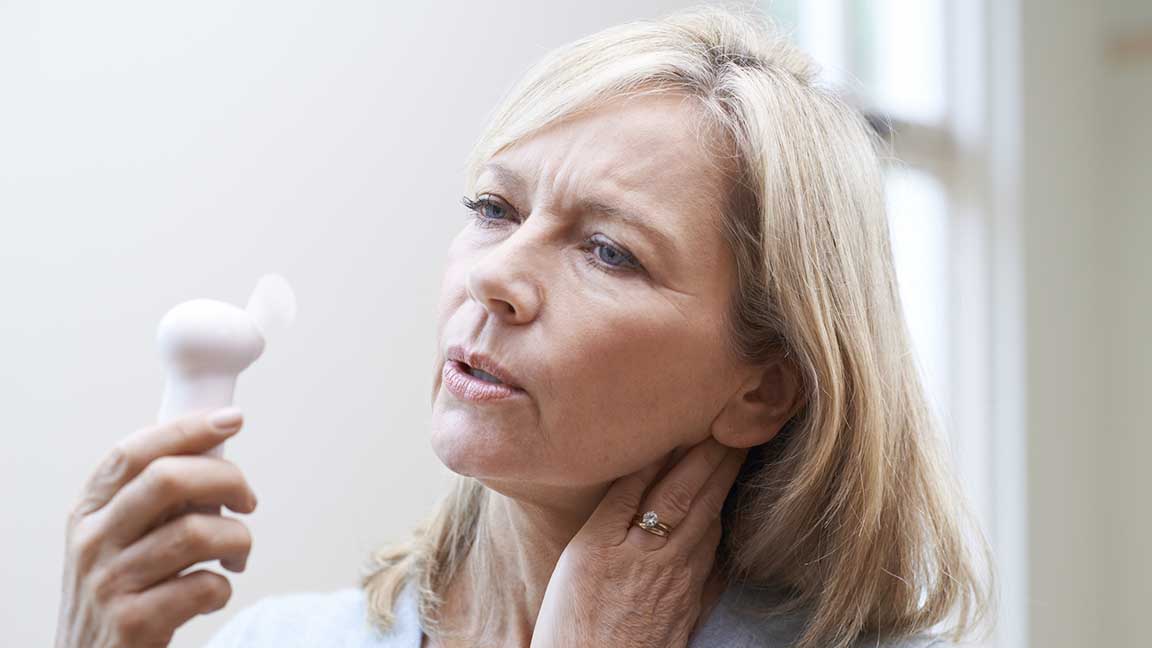No one likes peeling off layers of clothing during the day to feel comfortable or waking up in the middle of the night drenched in sweat. Bothersome as they can be, hot flashes are common among women in perimenopause and menopause.
A hot flash is a sudden, intense feeling of warmth often accompanied by sweating and followed by chills.
Ashley Miller, family nurse practitioner at Tidelands Health OB/GYN at Georgetown, says most of her perimenopausal and menopausal patients report hot flashes. Menopause typically occurs around age 50 and is the phase of a women’s life when menstruation stops. Hot flashes are linked to a decrease in the women’s female hormone, estrogen, and to dysfunction of the hypothalamus, a gland in the brain.
Hot flashes and the degree of their severity should be discussed with qualified care provider, such as a family physician or gynecological clinician, she says.
“We have to rule out that there are no other medical conditions that could cause them,” Miller says.
Risk factors
Risk factors for prevalent or severe hot flashes include obesity and tobacco use. Black women are more prone to them. While there is no way to prevent hot flashes, lifestyle changes such as losing weight, stopping smoking and avoiding triggers such as stress or spicy foods can help reduce hot flashes.
For those who experience mild symptoms, dressing in layers that can be removed as needed, lowering room temperature or using fans can help a person cope.
Other treatments are available to reduce more severe hot flashes.
“Treatment is based on the patient’s severity of hot flashes, medical history, personal choice and coexistence of other menopausal symptoms, such as irritability or mood swings,” Miller says.
She notes that a class of anti-depressants has been shown to produce a 75 percent reduction in hot flashes with minimal side effects. Estrogen therapy is another option, though it must be weighed against potential side effects.
“Treatment is not one size fits all,” Miller says. “It’s very patient dependent.”
Research
While it is possible to effectively manage hot flashes, there is evidence they may continue for longer than previously thought. According to a study published in “JAMA Internal Medicine,” the duration of frequent hot flashes and night sweats is typically about seven years, though symptoms can extend as long as 12 years.
Whether women experience menopause-related hot flashes or not, it’s important to continue regularly gynecological care even after menopause is complete, Miller says.
“We still recommend a pelvic exam every year to detect any abnormalities,” she says.

Ashley Miller
Family Nurse Practitioner, Tidelands Health Women's Center at Georgetown
Medical Education
Education
South University





